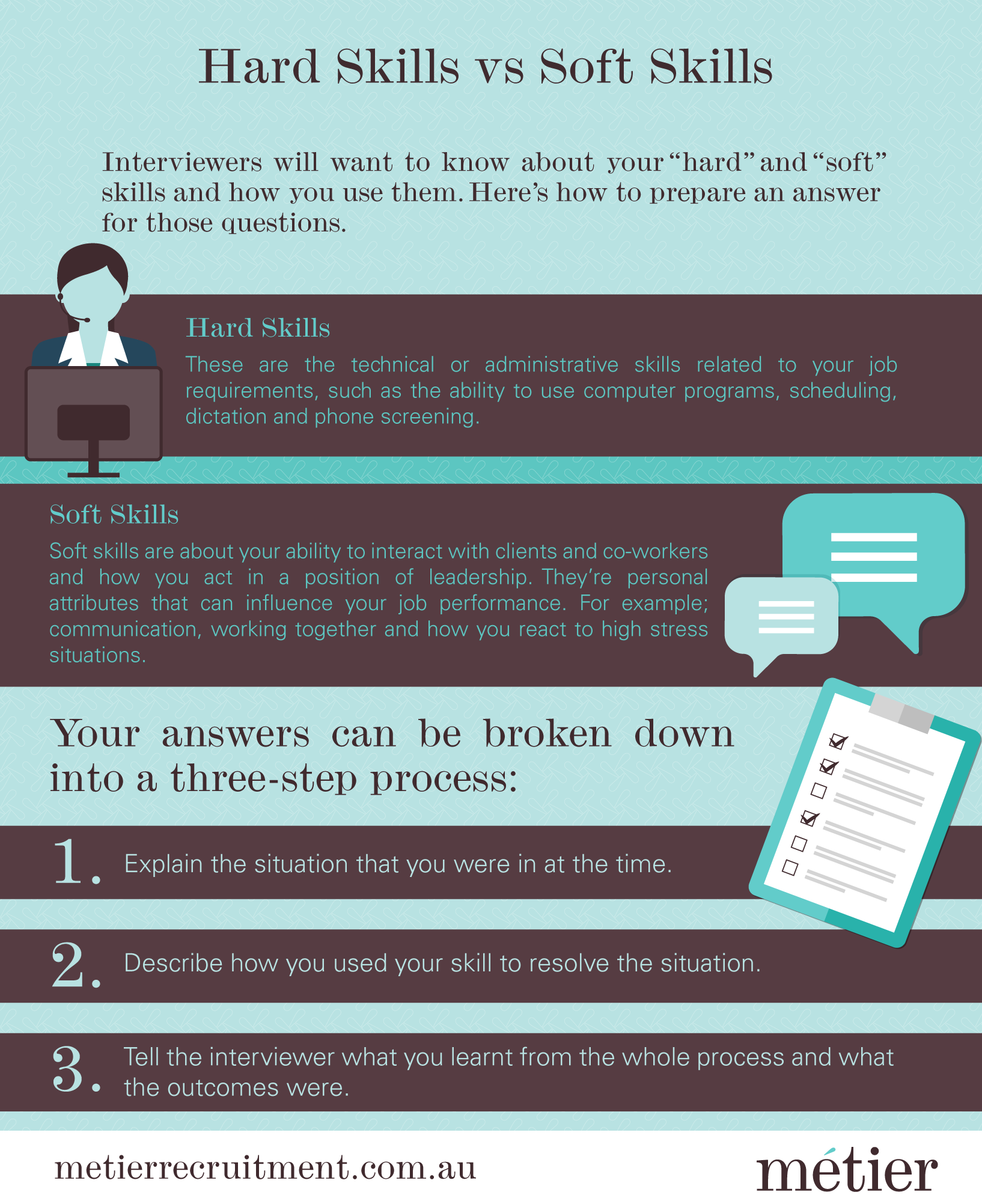Job Interview Tips and Tricks


When it comes to job interviews, first impressions really matter. An interviewer will use this time with you to judge your skills, personality, and whether hiring you would be beneficial to their company. For you however, a job interview provides a great chance to get an insight into your potential new role, and find out anything you need to know that wasn’t in the job description. Read on for our top ten tips and tricks to help calm your nerves and leave a solid first impression at the end of an interview.
1. Do Your Research
Whilst you’ve likely heard it a million times, doing your research beforehand is still one the best ways to grab an interviewer’s attention. A great way to do that is to find out as much as you can about what the company does and how this vacancy fits within the bigger picture. To go a step further to impress, look up the employer’s recent milestones or community projects and events they’re involved in. This additional detail can make for excellent talking points in an interview.
2. Be Prepared for Anything
To get an idea of your potential fit, an interviewer will dig deeper into what you’ve listed on your CV. With that in mind, be prepared to expand on your skills and experiences, such as how and when you’ve used that skill or what you’ve learnt from a position or experience. To do this, create a stock of answers that show how your experiences are relevant to the position.
3. Arrive Early
Although this is common advice, arriving early can be a huge tactical advantage. Getting there early gives you a chance to observe the work environment; is there music playing? Are people talking? How is everyone dressed? What is the general atmosphere of the office like? All these things will give you an idea about what it would be like to work there.
4. Always Bring Extra
Make sure to bring an extra copy of your CV and cover letter. There is the possibility that there will be more than one person conducting the interview. Alternatively, the interviewer may not have printed it out.
5. Getting Started
To get off on the right foot, greet your interviewer with confidence by speaking clearly and maintaining eye contact. Throughout the interview, it’s a great idea to display an open and friendly posture. Slouching in your chair or crossing your arms could send the wrong message, such as seeming uninterested in the role.
6. Showcasing Your Skills
When explaining the skills listed on your CV, interviewers will be listening out for specific key words that are included in the job description. Always find and highlight these key words to re-use in the interview. Depending on the position that you’re applying for, you might face different questions around your different kinds of skills. However, no matter what they ask you to talk about, put it into context and tell them how you used a that skill to benefit your previous employer.

7. How to Answer: ‘Tell Me About Yourself?’
Although this is a common way for an interview to start, it can also be a curve-ball for candidates. When answering this question, keep it brief and succinct; they don’t want to hear your life story! Whilst keeping it relevant, briefly touch on your education and previous positions. Then finish by telling them how long you’ve been in your current role for. This is a great chance to talk about how you’ve approached your career until now and what you enjoyed most about it. When you get to this point, make sure you highlight something that contributed to your employer, industry or clients.
8. Keeping it Positive
With some questions, it can be a struggle to stay positive, especially when asked about your weaknesses or flaws. A great way to approach this is to tell the interviewer what your flaw is, and what you’ve done, or are doing to overcome it. Another difficult question can be those about you’ve chosen to move on. When you answer any question around your current or previous employers, colleagues, or roles, avoid any negativity or complaining. Instead, talk about how you’re looking for new opportunities to upskill yourself.
9. Going the Extra Mile
Some employers will want to know if you can go above and beyond the job description. It’s a good idea to have a response prepared about any times previously when you have had to complete duties outside of what was normally expected of you. This tells the interviewer, without having to specifically list it as a skill, that you can handle more than what is required.
10. The Final Questions & Thinking Ahead
When you get the chance to ask questions, don’t hesitate to take it. When thinking of questions to ask, consider the future. For example, if you’ll be assisting a single Executive, will there be an opportunity to take on more in the future? Be careful to avoid questions that involve what the company can do for you. The employer is looking for how you will benefit them if they choose to hire you, so bear this in mind when phrasing your questions. This is also a time to find out more about the role. Instead of asking outright why the position has come open, ask about the company’s growth or staffing requirements. This is a smart way to glean more than one piece of information without asking several short-answer questions.
Summary
Creating a fantastic impression in a job interview comes down to how prepared your answers, and your own questions are. Taking the time to ensure your responses are relevant to the position whilst highlighting why hiring you will benefit the employer, is a sure-fire way to succeed. And remember, the interview is as much for you as it is for them, so make the most of your time asking questions and being in the office to find out whether this prospective job and employer is a great fit for you.
If you have any further questions or would like to speak to one of our specialist recruiters about anything in this article, get in contact with us today.
Good luck!